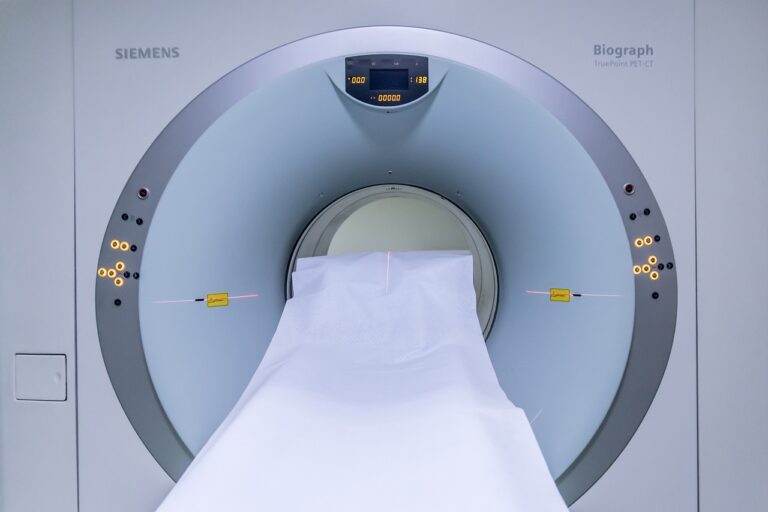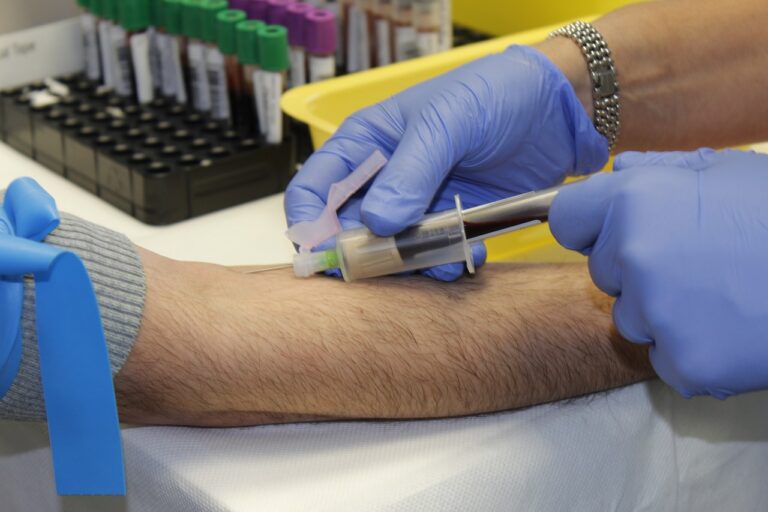Understanding and Managing Eating Disorders
Individuals experiencing an eating disorder may exhibit a range of physical and psychological signs. Constantly monitoring food intake, obsessing over calories, and exhibiting unusual eating habits are telltale signs. In addition, extreme weight loss or gain, frequent mood swings, and a distorted body image often point to the presence of an eating disorder.
Furthermore, physical symptoms such as dizziness, fatigue, and stomach issues, along with changes in sleep patterns and social withdrawal, may indicate an underlying issue with food and body image. It is crucial to recognize these signs early on and seek professional help to address the root causes of the eating disorder.
Different Types of Eating Disorders
Anorexia nervosa is characterized by an intense fear of gaining weight, leading to restrictive eating habits and excessive exercise. Individuals with anorexia often have a distorted body image, viewing themselves as overweight even when they are severely underweight. This disorder can have serious physical consequences, such as slowed heart rate, low blood pressure, and brittle hair and nails.
Bulimia nervosa involves recurrent episodes of binge eating followed by purging behaviors, such as self-induced vomiting or over-exercising. People with bulimia may experience feelings of guilt and shame surrounding their eating habits and engage in secretive behaviors to hide their symptoms. This cycle of bingeing and purging can have detrimental effects on the digestive system and electrolyte balance, putting individuals at risk for serious health complications.
Causes of Eating Disorders
Eating disorders have complex origins that are often rooted in a combination of genetic, psychological, environmental, and social factors. Individuals with a family history of eating disorders or other mental health conditions may be at higher risk of developing an eating disorder themselves. The influence of societal standards of beauty and the glorification of thinness in the media can also contribute to the development of disordered eating patterns in vulnerable individuals.
Moreover, personal experiences such as trauma, abuse, or a history of dieting and weight-related teasing are known to be significant risk factors for the development of eating disorders. Additionally, certain personality traits like perfectionism, low self-esteem, and impulsivity can play a role in the onset and perpetuation of disordered eating behaviors. The interplay of these various factors underscores the complexity of understanding the causes of eating disorders and highlights the importance of a holistic approach to prevention and treatment.
• Genetics, psychological, environmental, and social factors contribute to eating disorders
• Family history of eating disorders or mental health conditions increases risk
• Societal standards of beauty and media glorification of thinness can influence disordered eating patterns
• Personal experiences like trauma, abuse, dieting history, and weight-related teasing are significant risk factors
• Personality traits such as perfectionism, low self-esteem, and impulsivity play a role in onset and perpetuation of disordered eating behaviors
What are some common signs and symptoms of eating disorders?
Common signs and symptoms of eating disorders include extreme weight loss or gain, obsessive calorie counting, avoiding social situations involving food, and changes in eating habits.
What are the different types of eating disorders?
The main types of eating disorders are anorexia nervosa, bulimia nervosa, and binge eating disorder.
What are some of the causes of eating disorders?
The causes of eating disorders are complex and can be a combination of genetic, psychological, environmental, and societal factors. Some common causes include genetics, low self-esteem, trauma, societal pressures, and dieting.
Can eating disorders be treated?
Yes, eating disorders can be treated with a combination of therapy, counseling, nutritional counseling, and medication. It is important to seek help from a healthcare professional if you suspect you or someone you know is struggling with an eating disorder.







